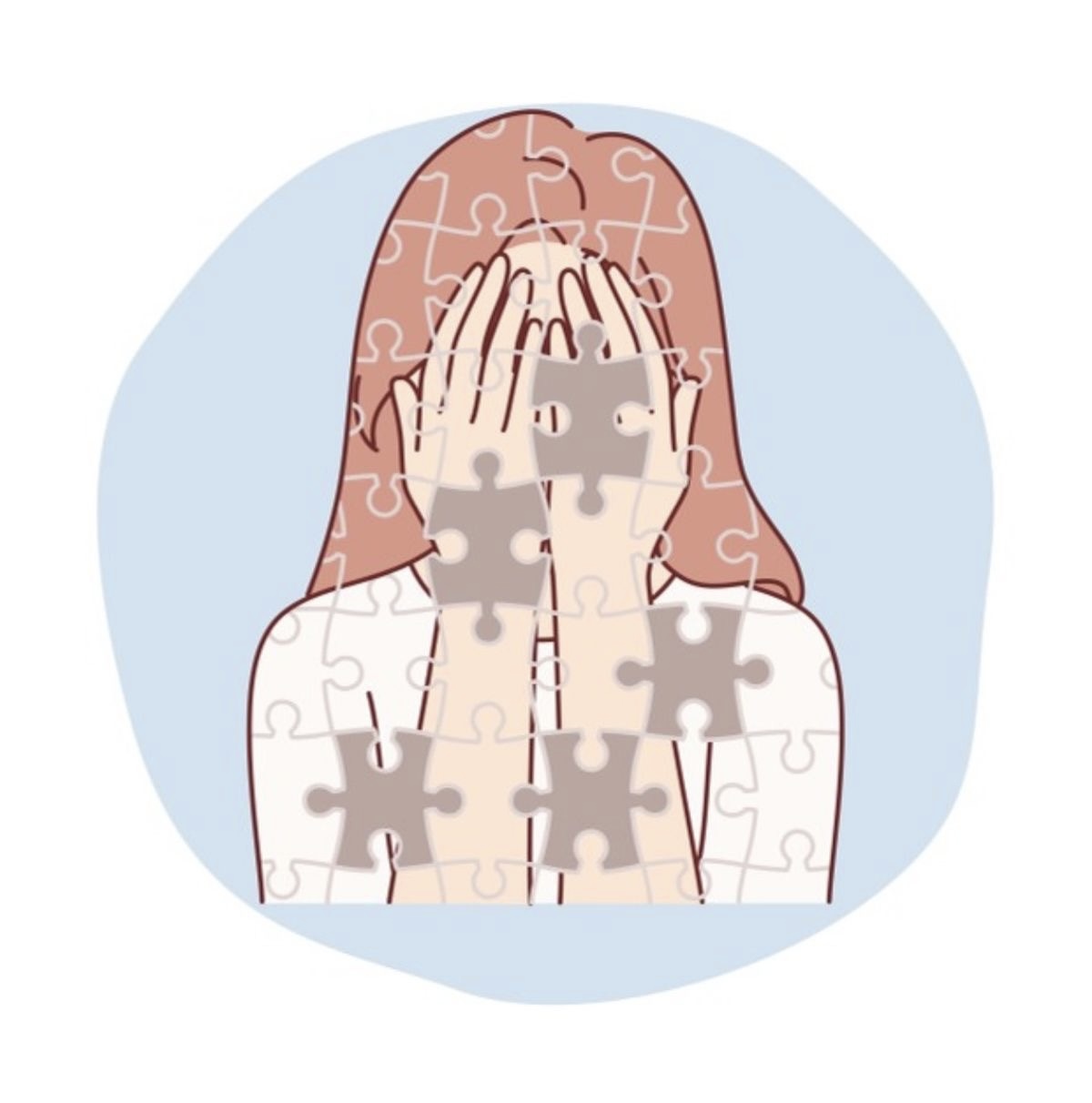Understanding Trauma Patterns: Why We Repeat or Avoid the Past

Have you ever noticed how people who have gone through trauma often find themselves in eerily similar situations again and again? It’s not just coincidence or bad luck—it’s a psychological pattern, and it runs deeper than we often realize.
Trauma has a peculiar way of influencing our future. For many, it becomes an invisible compass, guiding choices, reactions, and relationships—often without conscious awareness. There are two major behavioral patterns that frequently emerge in people who’ve experienced trauma:
1. The Repetition Compulsion: Trying to Rewrite the Past
Some individuals unconsciously gravitate towards situations or relationships that mirror their original trauma. It might be a woman who grew up with an emotionally unavailable parent finding herself repeatedly attracted to emotionally distant partners. Or a person who experienced betrayal seeking out relationships that test trust.
Why does this happen? Psychologically, it’s a defense mechanism known as repetition compulsion. The mind, in its attempt to heal, seeks to re-enact the past—hoping that this time, the story will end differently. It’s a silent wish to gain mastery over what once felt uncontrollable and overwhelming.
But instead of closure, what often follows is more pain. The past isn’t rewritten; it’s relived.
2. The Avoidance Response: When Fear Dictates Life
On the other end of the spectrum, some people develop an intense aversion—sometimes even a phobia—towards anything that remotely resembles their past trauma. A person who was in a controlling relationship might fear commitment entirely. A survivor of a car accident may avoid driving for years. This pattern is rooted in the brain’s survival wiring: to keep you safe, it alerts you to anything that feels familiar to past danger, even if it isn’t inherently threatening.
While this avoidance may offer temporary relief, it can shrink one’s world and limit growth. The fear of repetition becomes a barrier to living fully.
The Middle Path: Awareness and Healing
Whether someone is reenacting or avoiding, the common thread is unresolved trauma. The key to breaking these cycles lies in awareness. When we start recognizing these patterns, we give ourselves a chance to choose differently. Therapy, trauma-informed care, and safe relationships can offer a space to process the past rather than repeat it or run from it.
Healing from trauma isn’t about forgetting what happened. It’s about integrating those experiences in a way that no longer controls your present.
Sometimes, the most courageous act is to sit with your pain and say: This time, I choose a different ending—not by reliving the past, but by reclaiming my future.



Comments (0)